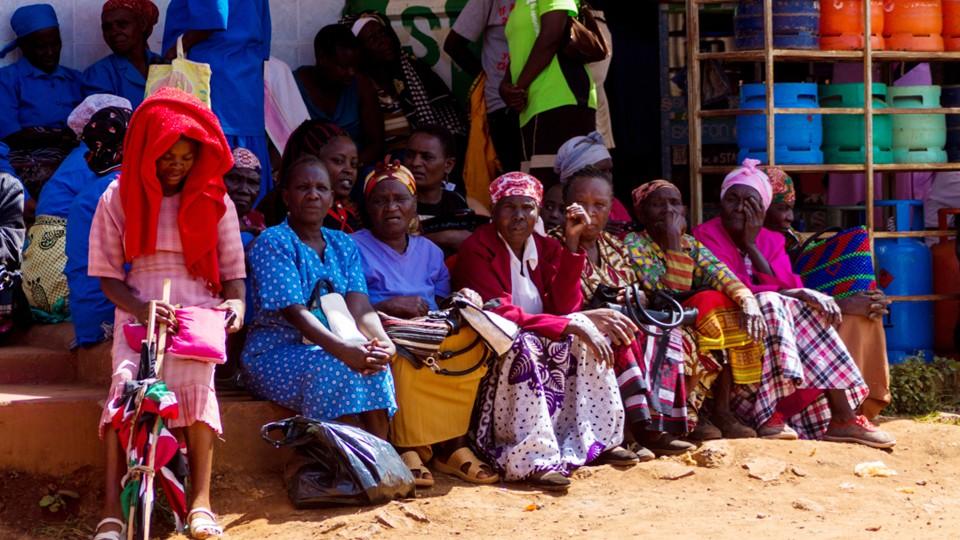NICE backs NHS funding for Roche's Kadcyla in early breast cancer use

NICE has published final draft guidance recommending regular NHS funding for Roche’s Kadcyla (trastuzumab emtansine) in its newer use, for certain people with HER2-positive early breast cancer who are at risk of their disease returning after surgery.
The cost-effectiveness body assessed Kadcyla in people who have already had therapy to shrink their tumour, known as neoadjuvant therapy, but who still have cancer cells remaining in the breast or surrounding lymph nodes before surgery to remove the tumour.
These people are at high risk of their disease returning after surgery.
In the guidance NICE noted clinical trial evidence showing that in people who still have some cancer cells remaining after neoadjuvant therapy with taxane chemotherapy and HER2-targeted treatment, Kadcyla increases the time people remain free of disease compared with Roche’s older drug Herceptin (trastuzumab).
It is not known if Kadcyla increases the length of time people live because the final trial results are not yet available.
The decision comes a few months after European regulators approved this new indication for Kadcyla, which was first approved in 2013 for metastatic disease.
The drug consists of the antibody trastuzumab used in Herceptin, with the cancer-killing payload emtansine.
The antibody attaches to the cancer cell, allowing emtansine to enter it where it becomes active and kills the tumour cell.
Roche charges £51,000 for a course of treatment at full price but has agreed a commercially confidential discount.
NICE said its independent appraisal committee concluded that even after some uncertainties in cost-effectiveness estimates, Kadcyla is likely to fall below its threshold of £30,000 per Quality Adjusted Life Year.
NICE already recommends Roche’s Perjeta (pertuzumab) with Herceptin and chemotherapy for the treatment of HER2-positive breast cancer in adults after surgery who have lymph node positive disease.
People with lymph node negative disease are offered Herceptin, in line with NICE’s guidance on early breast cancer.
Around 800 people will be eligible for treatment with Kadcyla under this guidance and NICE’s final guidance applying to England and Wales is due to be published next month.
Around 7,000 people diagnosed each year in England with early breast cancer have HER2-positive disease. HER2, which stands for human epidermal growth factor receptor 2, is a protein on the surface of cancer cells which makes them grow and divide.
If untreated, HER2-positive breast cancer is associated with increased tumour size, a higher risk of the disease coming back and poorer clinical outcomes compared to HER2-negative disease.
People diagnosed with HER2-positive breast cancer tend to be younger than the average breast cancer population and are more likely to still be in work or have dependent children.
Lesley Hugo, who leads the Breast Cancer Franchise at Roche Products Limited said: “Today’s news means that patients with early breast cancer will continue to benefit from the latest advancements in cancer care, where receiving effective treatment early in the disease is crucial to prevent recurrence. We are proud to have worked with the breast cancer community to achieve this milestone, one which represents a step forward in the treatment of this disease.”












